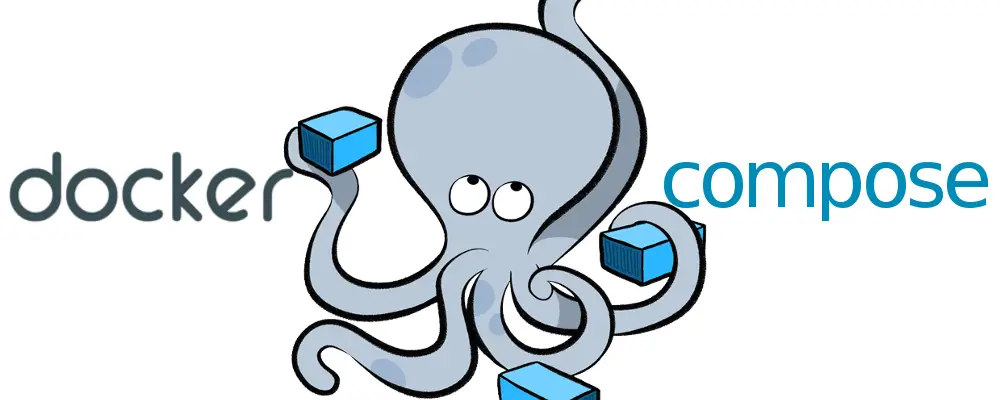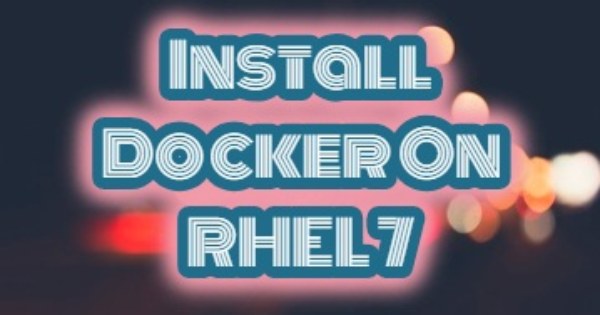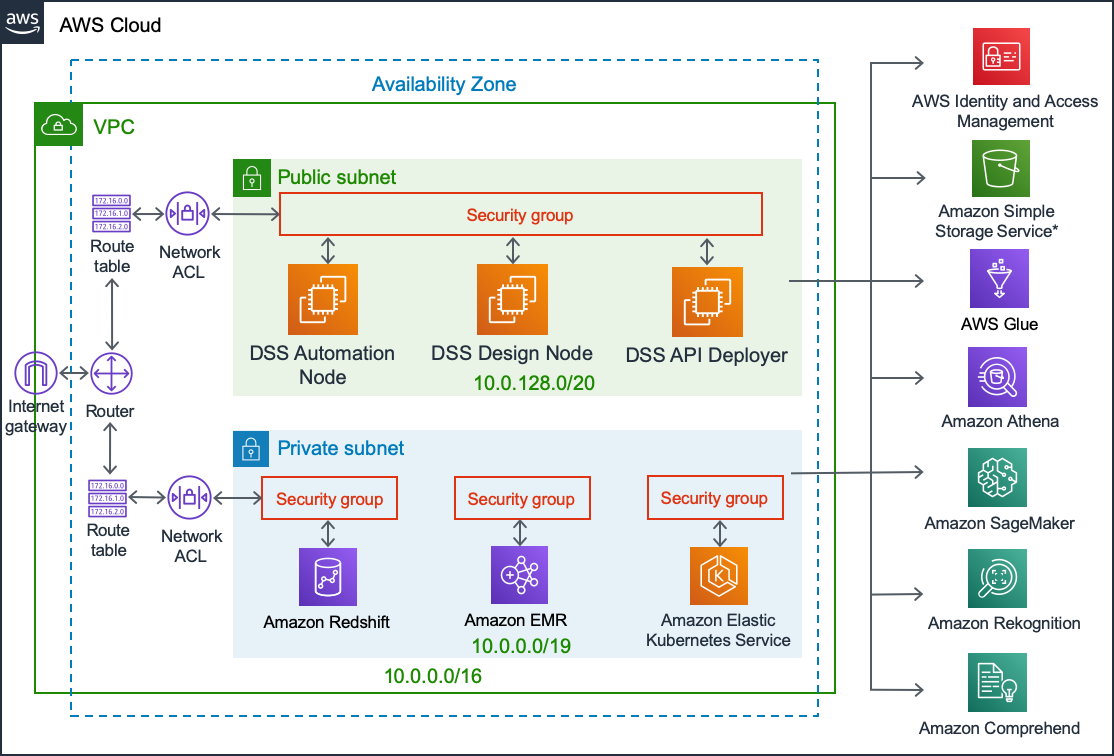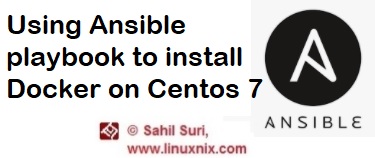- Install Docker Rhel
- Install Docker Ee On Rhel 8
- Install Docker Rhel 8
- Install Docker On Rhel 8
- Install Docker On Rhel 8
- Install Docker Compose Rhel 8

Install PHP 8 for Apache Install PHP 8.0 for Nginx. If you are using Nginx in your development stack, consider installing php-fpm as shown. $ sudo dnf install php php-cli php-common php-fpm Step 3: Verify PHP 8.0 on CentOS/RHEL. There are two ways that you can use to verify the PHP version. On command-line, issue the command. The latest release of the RHEL 8 / CentOS 8. Red Hat has built its own tools, buildah and podman, which aim to be compatible with existing docker images and work without relying on a daemon, allowing the creation of containers as normal users, without the need of special permissions (with some limitations: e.g. At the moment of writing, it's still not possible to map host ports to the.
PHP is a popular open-source server-side scripting language that is integral in developing dynamic webpages. PHP 8.0 is finally out and was released on November 26th, 2020. It promises lots of improvements and optimizations which are set to streamline how developers write and interact with PHP code.
In this guide, you will learn how to install PHP 8.0 on CentOS 8/7 and RHEL 8/7.
Install Docker Rhel
Step 1: Enable EPEL and Remi Repository on CentOS/RHEL
Right off the bat, you need to enable the EPEL repository on your system. EPEL, short for Extra Packages for Enterprise Linux, is an effort from the Fedora team that provides a set of additional packages that are not present by default on RHEL & CentOS.
Remi repository is a third-party repository that provides a wide range of PHP versions for RedHat Enterprise Linux. To install the Remi repository, run the command:
Install Docker Ee On Rhel 8

Step 2: Install PHP 8 on CentOS/RHEL
Once the installation is complete, proceed and list the available php module streams as shown:
Mac os catalina download on windows. Right at the bottom, be sure to notice the remi-8.0 php module.
We need to enable this module before installing PHP 8.0. To enable php:remi-8.0, execute:
Once enabled, install PHP 8.0 for Apache or Nginx web server as shown:
Install PHP 8.0 for Apache
To install PHP 8 on the installed Apache web server, run: Google chrome for macbook 10.5.8.
Install PHP 8.0 for Nginx
Install Docker Rhel 8
If you are using Nginx in your development stack, consider installing php-fpm as shown.
Step 3: Verify PHP 8.0 on CentOS/RHEL

There are two ways that you can use to verify the PHP version. On command-line, issue the command.
Additionally, you can create a sample php file in the /var/www/html folder as shown:
Then add the following PHP code which will populate the version of PHP alongside installed modules.
Save and exit. Be sure to restart the Apache or Nginx web server as shown.
Download rate limit. Estimated reading time: 5 minutes. Docker has enabled download rate limits for pull requests on Docker Hub. Limits are determined based on the account type. Docker free download for ubuntu.
Next, head over to your browser and go to the address shown:
The webpage displays a wealth of information regarding the version of PHP installed such as build date, build system, Architecture, and a host of PHP extensions.
Step 3: Install PHP 8.0 Extensions in CentOS/RHEL
PHP extensions are libraries that provide added functionality to PHP. To install a php extension, use the syntax:
For example, to enable PHP to seamlessly work with MySQL, you can install the MySQL extension as shown.
Finally, you can verify the installed extensions using the command:
Install Docker On Rhel 8
To verify if a specific extension is installed, execute:
For example:
Install Docker On Rhel 8

Install Docker Compose Rhel 8
In the end, we hope that you can now comfortably install PHP 8.0 alongside various php extensions on CentOS/RHEL 8/7.

